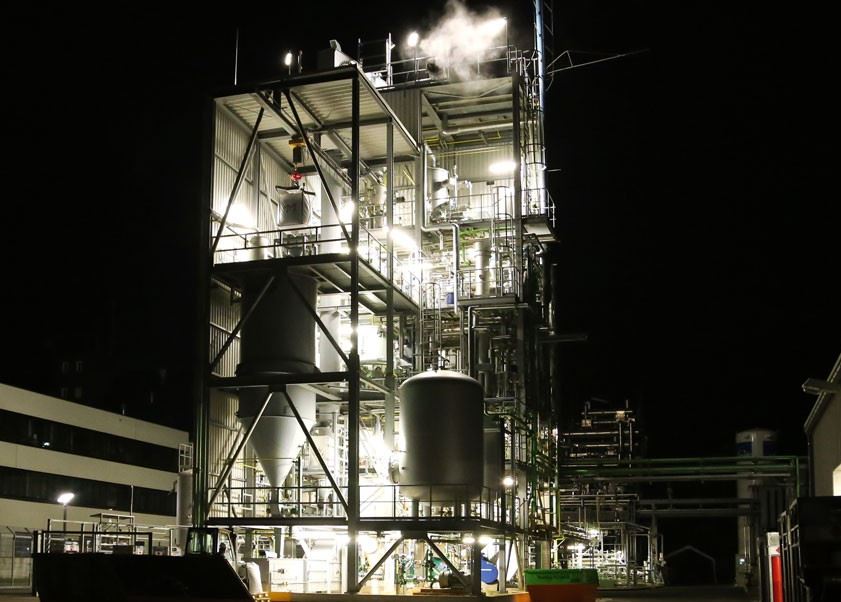Germany – Fraunhofer IKTS has integrated the Circular Carbon Technologies KKT research group from Freiberg. The institute hopes to utilize electrolysis, hydrogen, and power-to-X synergies to generate circular economy carbon sources.
Carbon is essential to many everyday things. Industry has mostly used fossil fuels including crude oil, natural gas, and coal. These raw materials produce and burn a lot of CO2. Germany burns 47 million metric tons of carbon-containing trash annually in thermal waste treatment and combustion plants. Chemical recycling can reuse up to 100% of this waste. Thus, waste will become a useful resource for chemical feedstocks.
Pyrolysis and gasification are refined and tested on an industrial scale at Freiberg’s new location. Plastics, biomasses, and mixed fossil waste that cannot be recycled physically are broken down into smaller molecules for reuse as synthesis gases, monomers, and other chemical industry intermediates.
Combining recycling procedures
The site’s researchers use a pyrolysis platform and gasification equipment in partnership with the TU Bergakademie Freiberg to examine questions like: which waste fractions can be transformed into which basic materials? How should processes be run to avoid corrosion, caking, or product purity? Last, economic efficiency. Thus, diverse technologies can be modified, assessed, and converted into customer-specific carbon cycle closing solutions for industrial partners.
Combining recycling procedures with electrochemical conversion processes like high-temperature electrolysis or synthesis processes like Fischer-Tropsch synthesis produces higher-value products like synthetic kerosene and high efficiency.
Only by linking material, energy, and heat flows can process concepts add value to earlier approaches.





